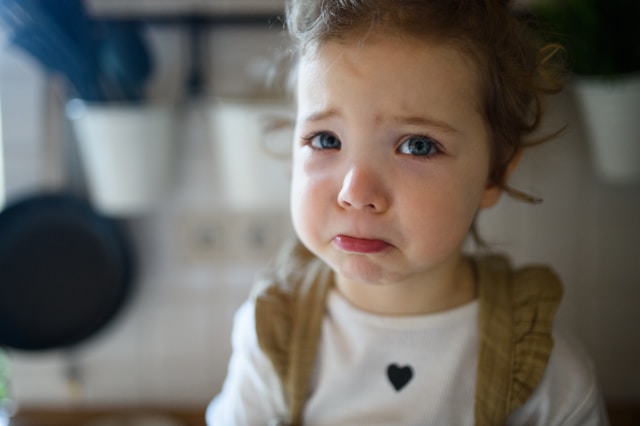Childhood trauma isn’t something you just “get over.” It leaves a lasting impact, shaping the way you interact with the world and yourself. It’s not always obvious, sometimes even to those experiencing it, but there are certain behaviours, habits, and tendencies that people with childhood trauma often exhibit.
1. Trusting people is hard.

This is a big one. When your early life was marked by instability or hurt, it’s tough to believe that other people won’t do the same. You might be overly suspicious, have difficulty letting people in, or always expect the worst. It’s like a constant low-level hum of anxiety that makes it hard to relax and truly connect.
2. You’re hyper-vigilant and always on alert.
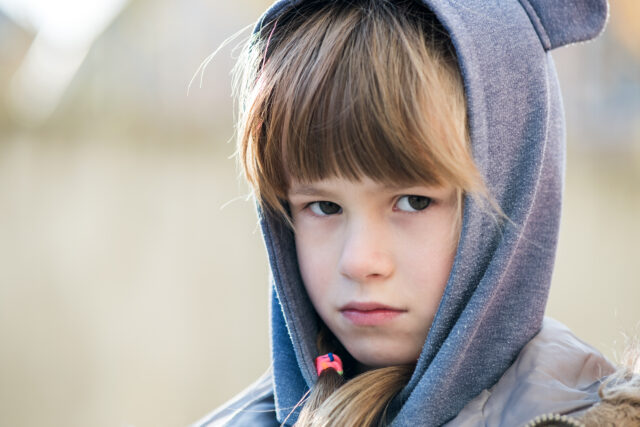
Trauma rewires your brain to be on high alert for danger, even when there isn’t any, WebMD explains. You might find yourself constantly scanning your environment, jumping at loud noises, or overreacting to minor setbacks. It’s exhausting, but it’s a survival mechanism your brain developed to protect you.
3. You have trouble setting boundaries.
 Source: Unsplash
Source: Unsplash Growing up in a chaotic or abusive environment often means your boundaries were constantly violated. As a result, you might struggle to say “no,” feel guilty for prioritizing your needs, or get caught up in other people’s drama. Learning to set and enforce boundaries is a crucial step towards healing.
4. You feel like an imposter.

Childhood trauma can leave you feeling unworthy of love, success, or happiness. You might constantly doubt your abilities, feel like a fraud, or believe that you’re just waiting for the other shoe to drop. This imposter syndrome can hold you back from achieving your goals and living a fulfilling life.
5. You’re a perfectionist.
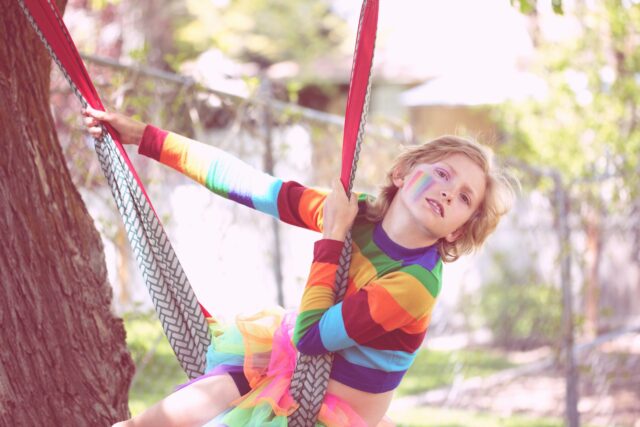 Source: Unsplash
Source: Unsplash Striving for perfection might seem like a positive trait, but it can be a way to mask insecurity and anxiety. When you believe that you have to be perfect to be loved or accepted, the pressure can be overwhelming. This can lead to burnout, self-criticism, and a fear of failure.
6. You avoid conflict at all costs.
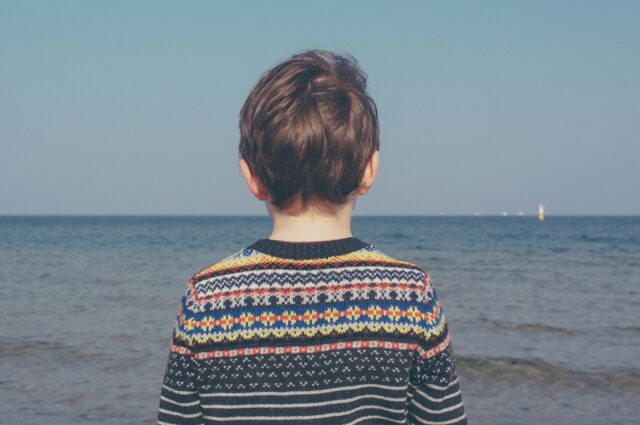 Source: Unsplash
Source: Unsplash If you experienced conflict as something scary or dangerous in childhood, it makes sense that you’d want to avoid it now. But constantly smoothing things over, suppressing your feelings, or letting people walk all over you isn’t healthy. Learning to assert yourself in a healthy way is essential.
7. You have difficulty maintaining healthy relationships.

Childhood trauma can make it tough to form and maintain healthy relationships, Psych Central notes. You might have trouble trusting, communicating, or setting boundaries. You might also be attracted to partners who are emotionally unavailable or even abusive. Therapy can be incredibly helpful in breaking these patterns.
8. You struggle with self-care.

When you’re constantly on high alert, taking care of yourself often falls to the wayside. You might neglect your physical and emotional needs, push yourself too hard, or turn to unhealthy coping mechanisms like substance abuse. Learning to prioritize self-care is crucial for healing and well-being.
9. You suppress your emotions.
 Source: Unsplash
Source: Unsplash Maybe you bottle things up until they explode, or maybe you numb yourself out so you don’t have to feel anything at all. Either way, avoiding your emotions isn’t a long-term solution. It’s like trying to hold a beach ball underwater — eventually, it’s going to pop back up. Learning to identify, process, and express your emotions in a healthy way is essential for healing.
10. You have a negative self-image.

Childhood trauma can leave you with deep-seated feelings of unworthiness, shame, and self-loathing. You might constantly criticize yourself, compare yourself to other people, or feel like you’re not good enough. Working on self-compassion and developing a more positive self-image is a journey, but it’s worth it.
11. You’re drawn to unhealthy coping mechanisms.

When you’re dealing with the lingering effects of trauma, it’s tempting to reach for anything that can numb the pain, even if it’s only temporary. This might mean turning to substances, risky behaviours, or unhealthy relationships. Finding healthier ways to cope, like therapy, exercise, or creative outlets, is crucial for long-term healing.
12. You have difficulty with intimacy.

If your early experiences with intimacy were marked by pain, neglect, or abuse, it’s understandable that you’d have trouble letting people get close now. You might build walls around yourself, push people away, or sabotage relationships before they get too serious. Learning to trust and be vulnerable again takes time and effort, but it’s possible.
13. You have trouble regulating your emotions.

Childhood trauma can disrupt the development of your emotional regulation skills. This can mean feeling overwhelmed by your emotions, having intense mood swings, or struggling to calm yourself down when you’re upset. Therapy can help you develop coping strategies and learn to manage your emotions more effectively.
14. You’re resilient.
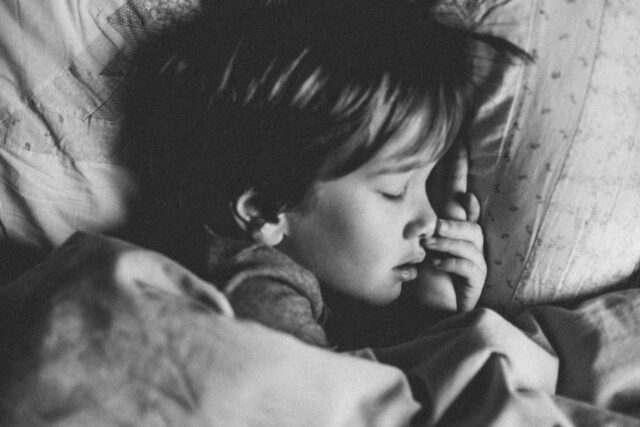 Source: Unsplash
Source: Unsplash This might seem contradictory, but people who’ve experienced childhood trauma often develop incredible resilience. You’ve been through a lot, and you’ve survived. You’re stronger than you think, and you have the capacity to heal and thrive. Don’t underestimate your own strength and ability to overcome challenges.


